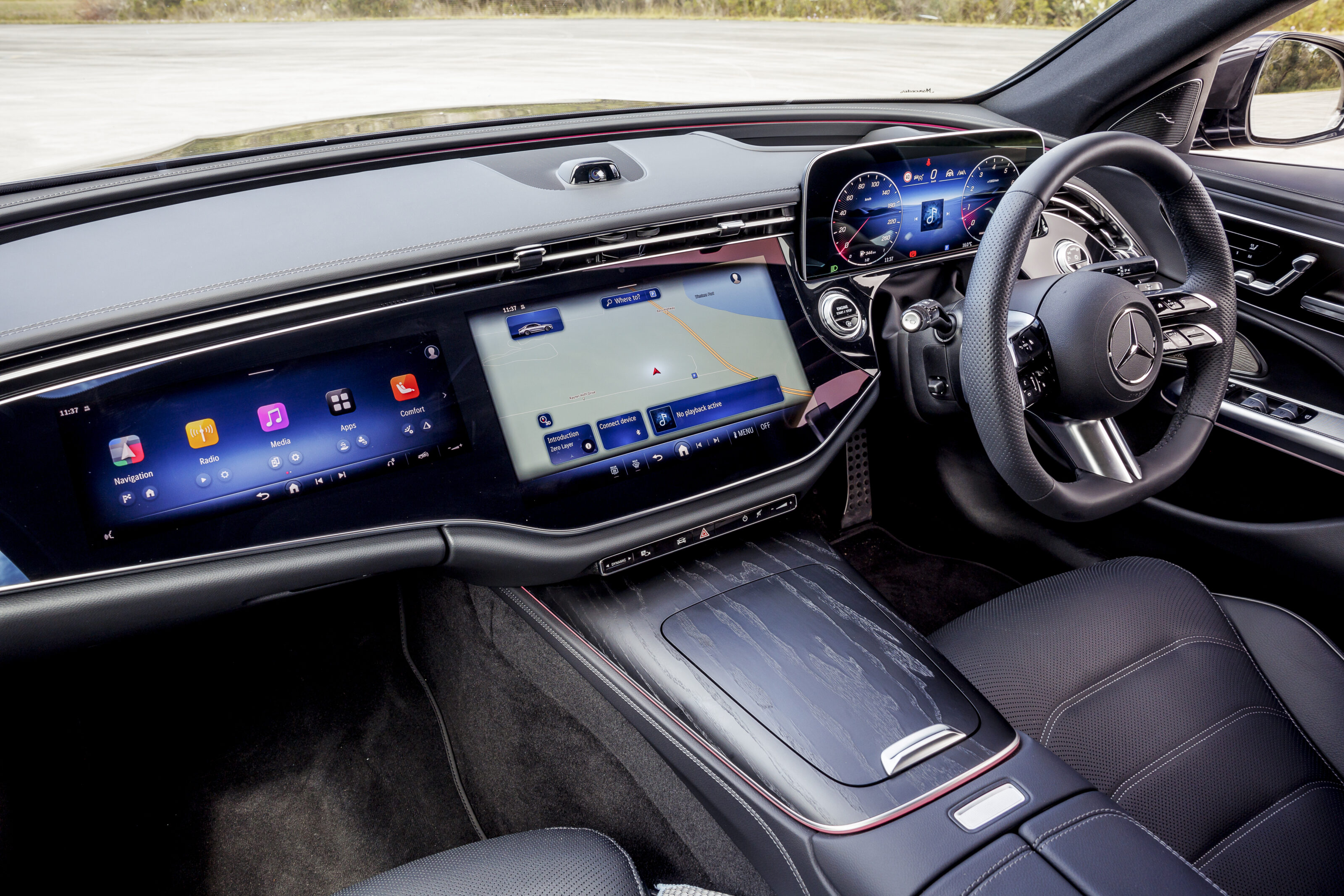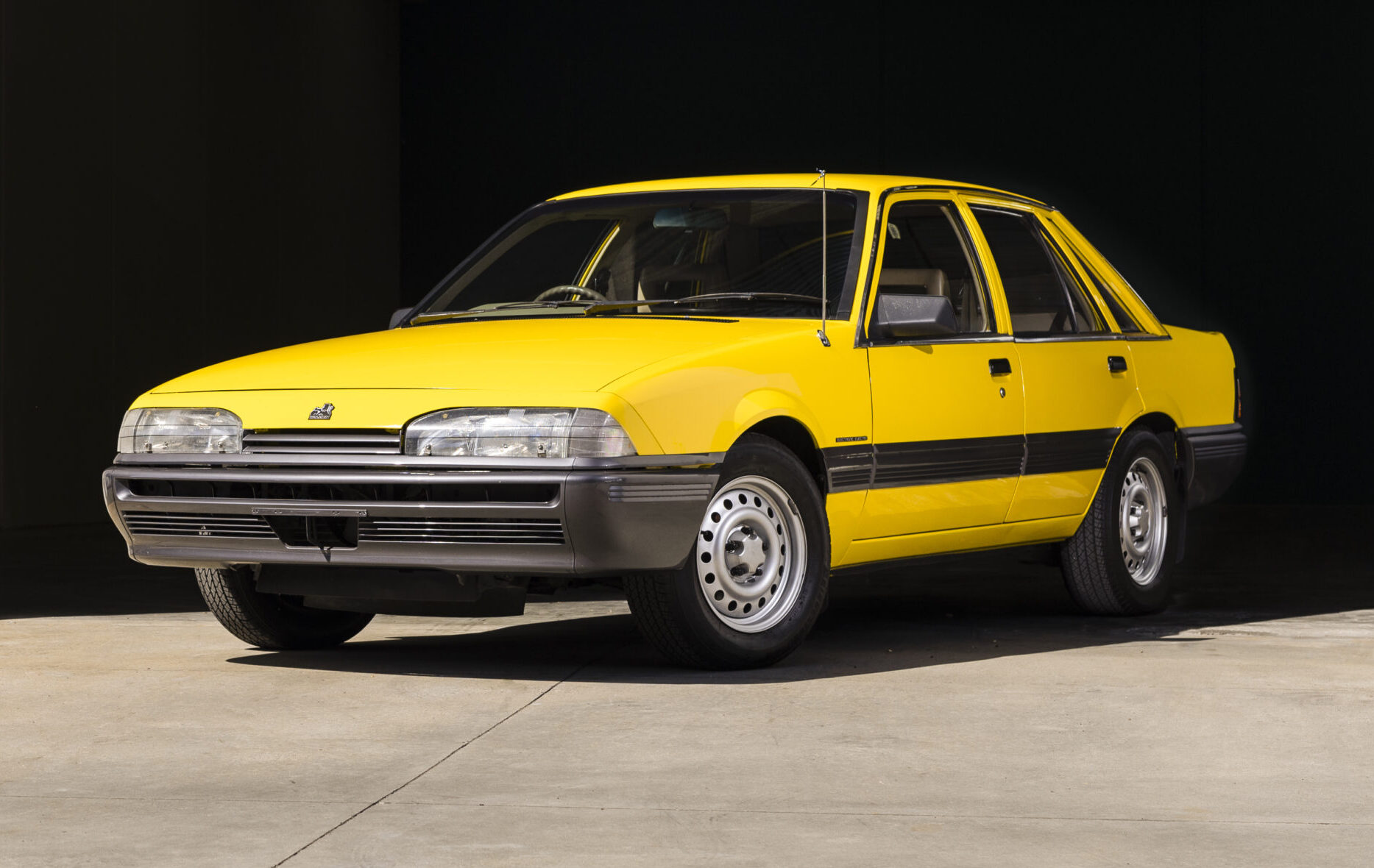Fast cars and fast women. If you knew little or nothing about Peter Brock other than how he was portrayed in the Brock telemovie, you could be forgiven for thinking that’s all there was to him.
In fact, it was even worse than that. If you didn’t know better – and a large proportion of the audience wouldn’t – the over-riding impression that the telemovie projected was that Brock was a philandering, sexist, egomaniac petrolhead. Yes, he was far from a saint and certainly flawed on many fronts. But there was much more to the man than the hedonistic hell raiser depicted in much of Brock.
The two-part dramatisation of the late legend’s life almost completely missed the point that Brocky was a larger-than-life character because he was ‘the people’s champion’. He wasn’t Australia’s most popular driver ever – and one of the nation’s most revered athletes of any kind – just because he was a handsome hero behind the wheel who won races.
His real appeal was his genuine affability and interest in people. He not only understood the value of courting publicity, but also the importance of being courteous and friendly to just about everyone, from corporate heavyweights to ordinary folk.
I was roughly a contemporary of Brock and one of my first major interviews was with him in 1973. Despite the incongruity of being interrogated by a gangly teenager in his school uniform, he was bemused rather than dismissive. It was an early snapshot of his dealings with the media and the public that would become his trademark.
Brock’s affability wasn’t contrived. He enjoyed engaging with those from all walks of life and was a natural master of making people feel important. He was charming, warm, humorous and unassuming – just a good bloke.
Brock was a salacious story that would have shocked and fascinated much of its audience. What offended me most weren’t the inaccuracies, distortions or pure fabrications (of which there were many). The show was, after all, a dramatisation of his life, not a documentary.
Like most who knew him, I was outraged because the over-riding impression was that Peter Brock was a self-absorbed arsehole. In the pursuit of entertainment, the essence of Brock was largely lost.
His popularity was ascribed simply to his on-track success, especially at his beloved Bathurst, rather than delving deeper into the complex and often contradictory combination of a winner who was able to win the hearts and minds of the common people.
Brock was a man of the people. He could adapt to any occasion, but he was at his most beguiling and inspiring among the rank and file of his fans. His public image was a reflection of the respect and attention he gave to almost everyone he met.
For all his foibles – and, like anyone in the public limelight, his failings and quirks were magnified – Brocky deserved much more credit for his inherent qualities as a person than he received in the show.
So for the makers of Brock to fail to balance the questionable aspects of his life with meaningful emphasis on the very attributes that underpinned his fame tainted the whole production. To my mind, it did his memory a great disservice.
His life was trivialised and titillated. Unnecessarily so. It didn’t need embellishment, much less misrepresentation. You really couldn’t make up what made the man great.
For those who lived through the rise, fall and revival of Brock’s incredible career, there was far more good to him than bad. The telemovie missed the point of what made the man so important to so many people, and how he inspired generation after generation of young and old. Just as he was far from Peter Perfect, neither was he Peter Prick.
His legacy should be much more than a tawdry tale for the TV masses.





